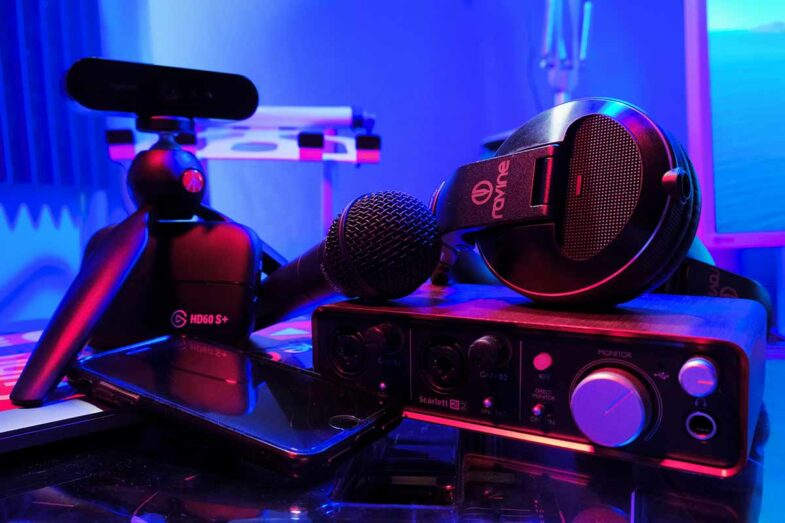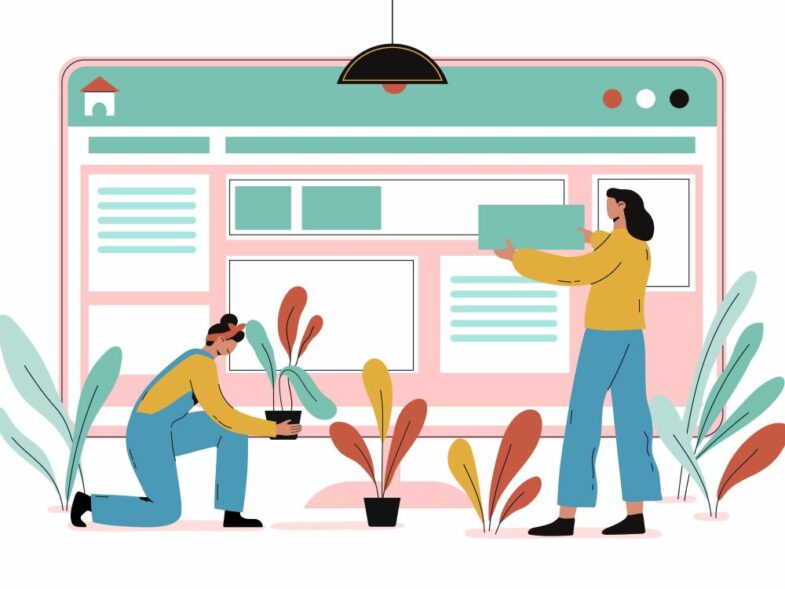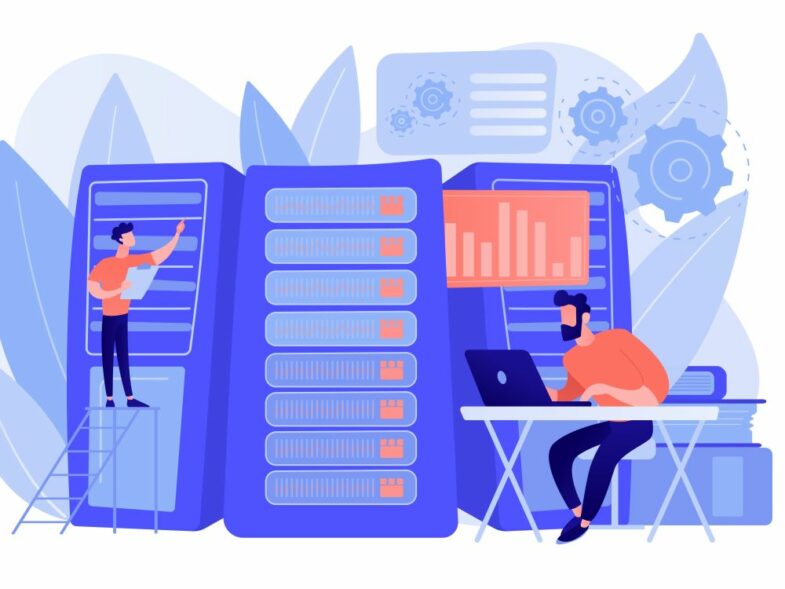Photo by Andre Sebastian on Unsplash
Trying to become a full-time content creator can be exhausting. You need to hone your skills, cultivate an audience, and make money, all while navigating the murky waters of being an influencer.
As an aspiring or new content creator, you’ve probably heard of the term micro-influencer. The term micro-influencer is used to describe all sorts of influencers, with audiences larger and smaller than your own. Therefore, what is a micro-influencer and why does it matter if you’re one or not?
Being A Micro-Influencer is Key To Making Money Online
When you’re trying to become a full-time content creator or digital entrepreneur, understanding how you can make money online is critical. The most reliable means of earning income online is to grow your audience on all your social platforms, whether that’s a blog, Instagram account, Facebook group, or YouTube channel.
Becoming a micro-influencer should be one of your primary objectives, as it is one of the only long term methods to ‘making it’ as a digital entrepreneur.
What Is A Micro-Influencer?
The term micro-influencer is used to describe someone with a ‘small audience’, someone who is an expert in their niche or authority on a subject as determined by their community.
Unlike celebrities or general influencers, micro-influencers have a specific area of expertise or an area of interest that they share with their community. That can be anything from photography to fitness.
But, the most defining characteristic of a micro-influencer is the size of their audience. Depending on who you ask, a micro-influencer is anyone with between 1,000 and 1,000,000 followers or audience members. However, being a micro-influencer depends on many other components that aren’t related to the number of followers or audience members you have.
Firstly, a more accurate depiction of a micro-influencer is someone with between 3,000 and 150,000 followers or audience members. But, to be considered a micro-influencer you’ll need to adhere to specific criteria, including:
Audience Trust:
Your audience needs to trust what you’re posting online. Micro-influencers aren’t followed by random accounts online, but rather people who find their work or opinions fascinating.
Niche:
To be considered a micro-influencer you need to have a niche. A niche is something (products, services, or interests) that appeals to a select group of a population.
Engagement:
Micro-influencers have far more engagement than regular users on social media. That means they get more likes and comments on posts than the average user, and people want to interact with them and their content.
Community:
Every micro-influencer has a community of people who rely on their content, ideas, and products to make decisions. This community will regularly seek their opinion on matters and rely on their recommendations and advice to shape their views. Because micro-influencers are seen as thought leaders and experts in their niche.
Why Is Being A Micro-Influencer Important?
Now that you know what a micro-influencer is, understanding the importance of your role as a micro-influencer will aid you in monetizing your community.
Because being a micro-influencer is a long term method of generating income online.
As an established micro-influencer, you determine your income. Micro-influencers can demand more money for sponsored posts, can get greater recognition online through guest appearances on podcasts, guest posts on blogs, and collaboration with brands and other businesses. Micro-influencers can also directly monetize their audience by charging for services that relate to their influence, for example, consultation services, webinars, courses, etc. Because their audience trusts their advice and expertise. These are just some of the ways you can monetize your influence. But, more than that, being a micro-influencer means you have a greater opportunity for growth, expansion, and success.









